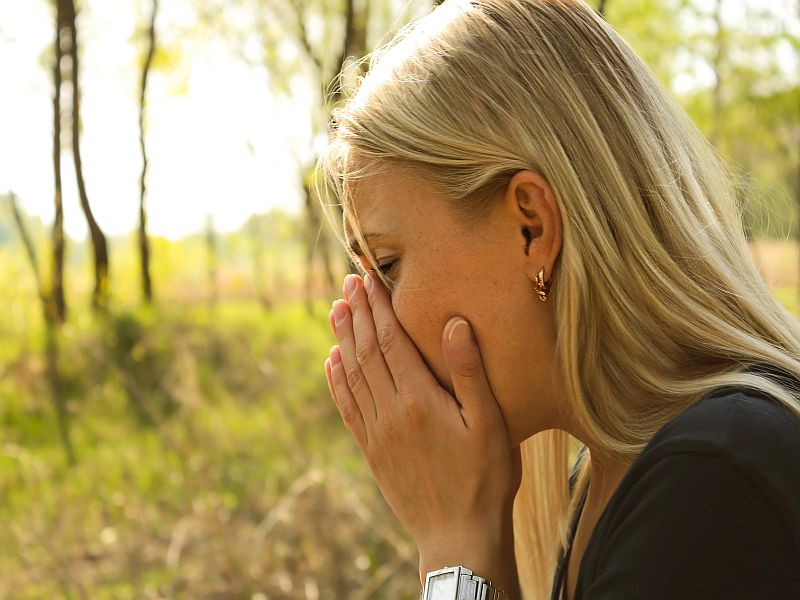
Spring can rain misery on allergy sufferers, but there are a number of ways to ease your agony, a physician expert says.
“Allergies affect millions in the U.S., and while there is no way to avoid irritants like pollen entirely, there are simple solutions to mitigate allergic reactions,” said Dr. Joseph Cooke.
Cooke is chair of the department of medicine at NewYork-Presbyterian Hospital Queens.
In the springtime, trees and plants release pollen into the air to fertilize other plants. This pollen can enter your nasal passages and trigger an immune response, he explained.
“As winter evolves into spring, sometimes it just makes sense to stay indoors,” Cooke said in a hospital news release.
“Allergy sufferers should pay attention to the pollen index, use vacuums designed to better pick up common irritants, and close their windows when the pollen count is high,” Cooke advised.
Pollen counts are regularly reported by weather and news agencies, so get in the habit of checking pollen counts daily, he said. When the pollen count is high, try to limit your time outdoors.
Be cautious with so-called herbal or natural remedies, which could actually be harmful, Cooke added.
Doctors from the hospital’s Division of Allergy and Immunology offer these other suggestions for minimizing allergy discomfort:
- Use a vacuum cleaner with HEPA-filtration technology to help remove pollen and other irritants indoors and reduce the chance of breathing them in.
- When pollen counts are high, close your windows and consider turning on the air conditioner. Also, change your home’s air and furnace filters regularly.
- During allergy season, shower often and wash your clothes on a regular basis. Pollen can collect in your hair and on your clothes and body.
- Take antihistamines two hours before spending an extended amount of time outdoors. Try not to go outside at midday, when pollen counts are highest.
- Rinse your nasal passages with a saline solution to reduce congestion and drainage.
More information
The U.S. National Institute of Environmental Health Sciences has more on allergens and irritants.
Source: HealthDay

Leave a Reply